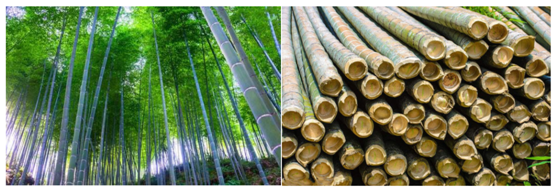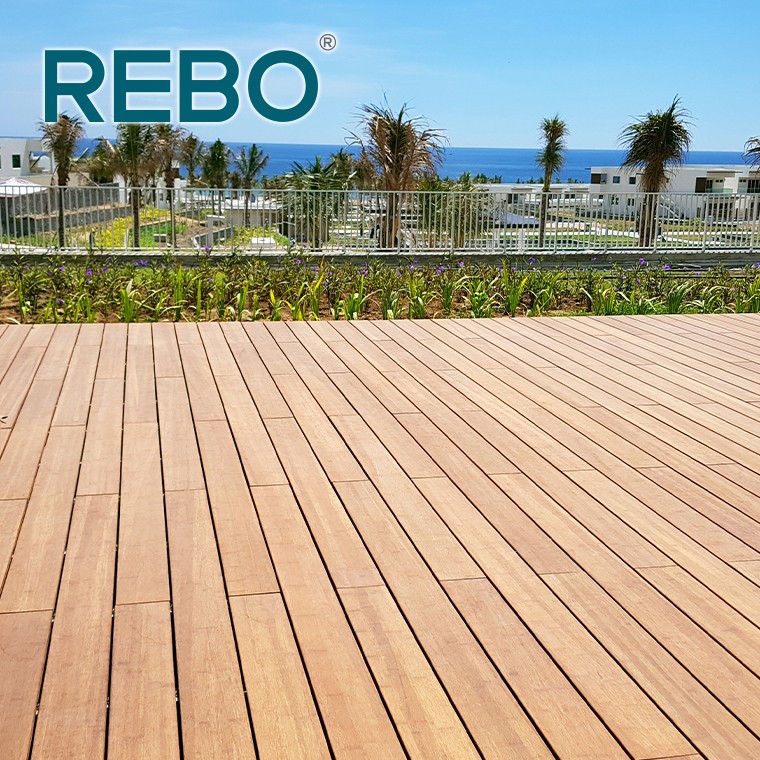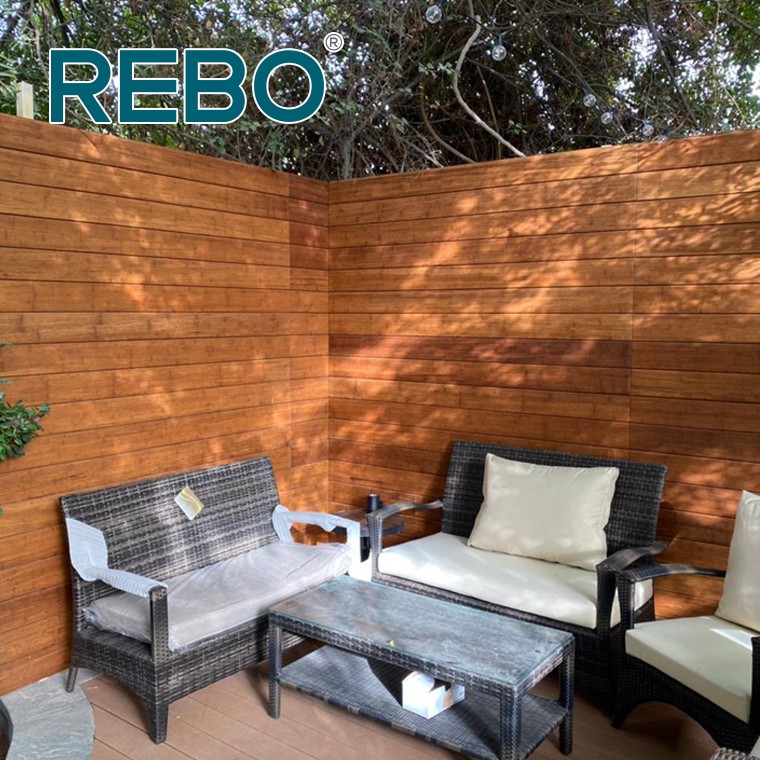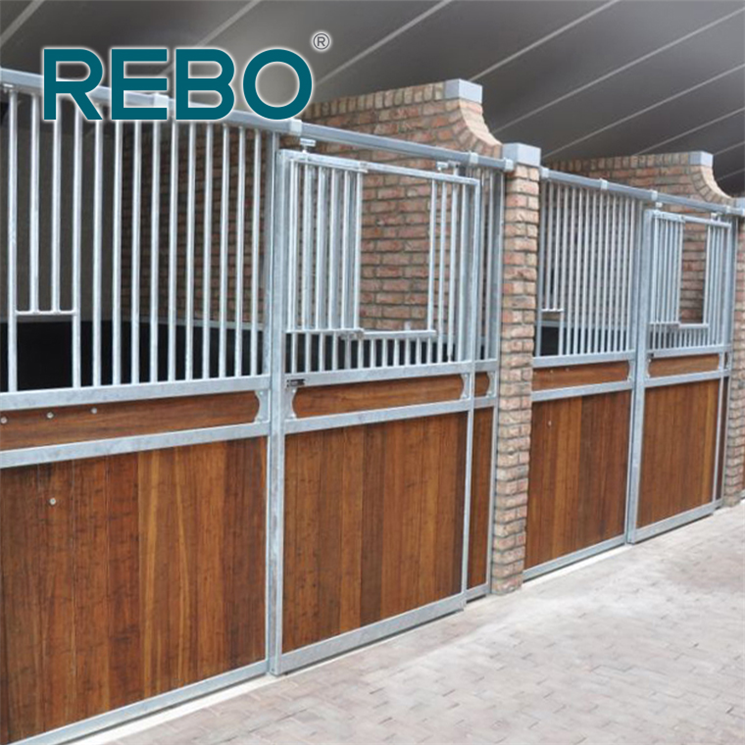Why bamboo is eco-friendly?
The natural resources are disappearing from our planet. The overpopulation, global warming and deforestation reports are alarming us to think about making necessary changes to save the environment. Protecting the environment has been more and more important and urgent.
Using Bamboo is a step in the right direction. Bamboo, considered as the fastest growing woody plant on earth, has been used for almost everything, from using it as food to using it for building bridges. It is an amazing plant variety that has a lot to offer.

Here are some reasons why bamboo is eco-friendly:
Fast growing: Bamboos has an amazing growth rate. There are some species of bamboo that grow more than 3 feet every day! There is no plant on earth that has such a fast growth rate! When harvested, a new shoot grows from its extensive root system which is why bamboos do not need additional cultivation system.
Reduce global warming: Cultivation of bamboo in large volume can help absorb the greenhouse gases from the atmosphere. It also absorbs carbon dioxide and releases about 35% of oxygen as compared to hardwood trees.
Renewable resource: It is one of the fastest growing renewable resources. Compared to other hardwood trees such as the oak tree, bamboo only takes 5 years to be harvested. Bamboo is one versatile plant variety that can tackle the loss of acres of forest due to deforestation.
Extremely useful: During harvest season, almost every part of the bamboo is used! It is eaten as a food item, used as soil-enriching mulch, to making beautiful furniture. Bamboo plants are also versatile as it used for making paper, flooring, charcoal, building materials etc. Every part of bamboo can be utilized.
Low maintenance: Unlike other cash crop plants such as cotton, bamboo plants do not require fertilizers, pesticides or herbicides. It draws natural nitrogen from the soil and does not add any chemicals to the soil.

Prevents soil erosion: Even after the harvest season, the extensive bamboo root system remains in the same place and prevents the topsoil from erosion.
Growing in various conditions: Bamboo can grow in various conditions. Bamboo plants help preserve moisture in the soil and can grow in arid regions where droughts occur frequently and crops fail to grow. It can also grow in low wetlands, high elevated mountain areas, and in a wide range of climates.
Furthermore, bamboo can bring about economic stability. Production of bamboo and manufacturing different bamboo products can provide job opportunities to the people in the developing countries.
With very long history of planting bamboo, China is the largest producer of Bamboo in the world. In China, bamboo is the most integrated part of the culture and is used as a substitute to woods. Bamboo is usually used as flooring, decking, wall cladding, construction material, furniture, plywood, pulp, etc. Products vary from solid bamboo, strand woven bamboo, raw bamboo canes, etc.




